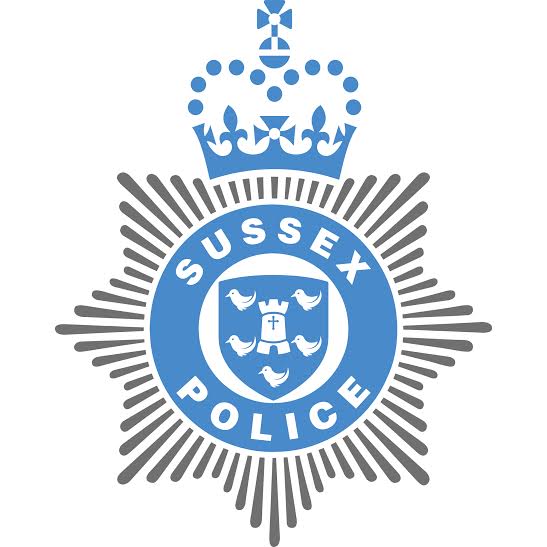
An officer who leaked information about a rape enquiry has been let off with a written warning – and police are refusing to release any other details.
A hearing was held behind closed doors, with press and public banned from attending, earlier this year.
The only information publicly released was that the officer had “inappropriately revealed information relating to an ongoing rape allegation.”
Brighton and Hove News understands the officer was based in Brighton.
The hearing was directed to be held in private because of “health and welfare considerations in respect of the officer”. No reason relating to the alleged victim or the investigation was given.
We asked Sussex Police and the police and crime commissioner’s office who the information was passed to. They refused to tell us.
We asked Sussex Police and the police and crime commissioner’s office whether the leak impacted the outcome of the investigation. They refused to tell us.
We asked Sussex Police and the police and crime commissioner’s office what the outcome of the allegation was. They refused to tell us.
We asked Sussex Police and the police and crime commissioner’s office whether the alleged victim or suspect was informed the leak happened. They refused to tell us.
We asked Sussex Police and the police and crime commissioner’s office whether the alleged victim or suspect were informed of the hearing or its outcome. They refused to tell us.
We asked Sussex Police and the police and crime commissioner’s office what rank the officer held. They refused to tell us.
We asked Sussex Police and the police and crime commissioner’s office where the officer was based. They refused to tell us.
We asked Sussex Police and the police and crime commissioner’s office when and where the alleged rape happened. They refused to tell us.
We asked Sussex Police and the police and crime commissioner’s office when the leak happened. They refused to tell us.
In criminal cases, members of the press are able to make representations to argue against reporting restrictions, which are rarely imposed except to protect victims and youth offenders.
In contrast, we are not allowed to make any representations at any stage of the process in police disciplinary cases.
We asked the office of the Sussex Police and Crime Commissioner to put our queries to the legally qualified chair, Chiew Yin Jones.
She said: “As I have announced the panel’s decision [and provided a report in accordance with Regulation 36 (1) of the Police (Conduct) Regulations 2012], I am now “functus officio” (no longer seized of the case) and therefore am unable to respond or issue any directions.”
Last year, the police told us we were not allowed to report the name of DC Jane Walker, who we had already named, when covering her disciplinary hearing. The same reason – the officer’s welfare – was given on that occasion.
We can now report her name again as she has been dismissed for gross misconduct, and appears on the College of Policing barred list.
In nursing disciplinary hearings, which are also held publicly, only patients’ details are anonymised. In doctor’s disciplinary cases, anonymity is very rarely granted.
One exception was to protect a medic who would have been at risk of harm if their gender or sexuality was revealed.
A Sussex Police spokeswoman said: “Police misconduct procedures are set nationally and Sussex Police publishes information in line with these. In addition, police dismissal information for all police forces is published annually by the College of Policing.
“Only the most serious cases are considered for a misconduct hearing and every hearing has an appointed Legally Qualified Chair (LQC) who is independent of Sussex Police.
“It is the responsibility of the LQC alone to determine whether or not a hearing is partially or wholly held in public or in private. Any officer attending a hearing has the right to make representations for it to be held in private.
“The chair will base their decision on a range of different factors and on a case by case basis.
“One example in police regulations is where the naming of an officer, or notice of the subject matter of an investigation, could risk the identification of a vulnerable victim or complainant against their wishes and the LQC will always consider the public interest.
“The vast majority of misconduct hearings in Sussex are held in public with public access to this information.
“Where an LQC directs that a hearing is to be held in private, we are unable to confirm details relating to the proceedings without their explicit direction. This is the national position.”







